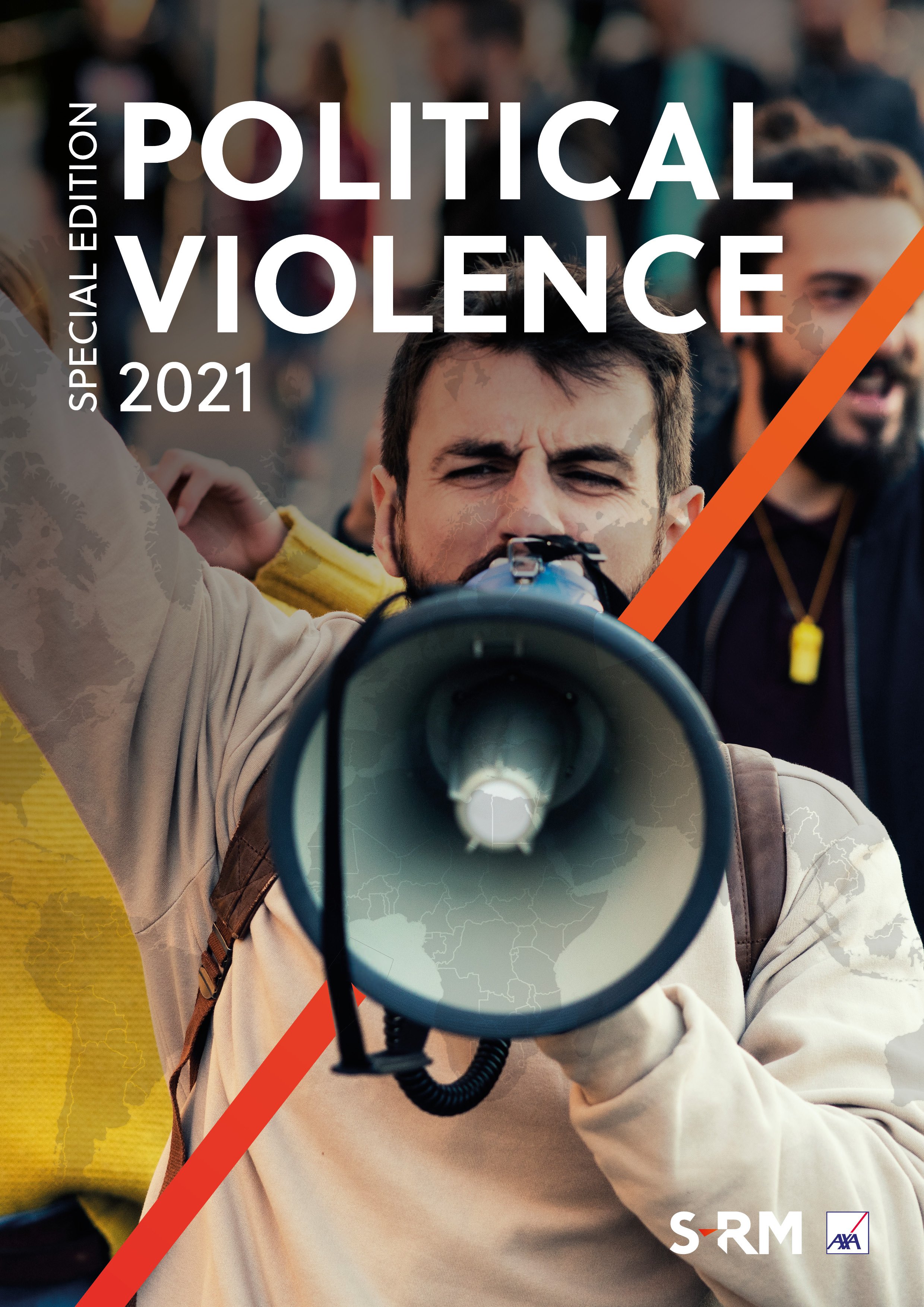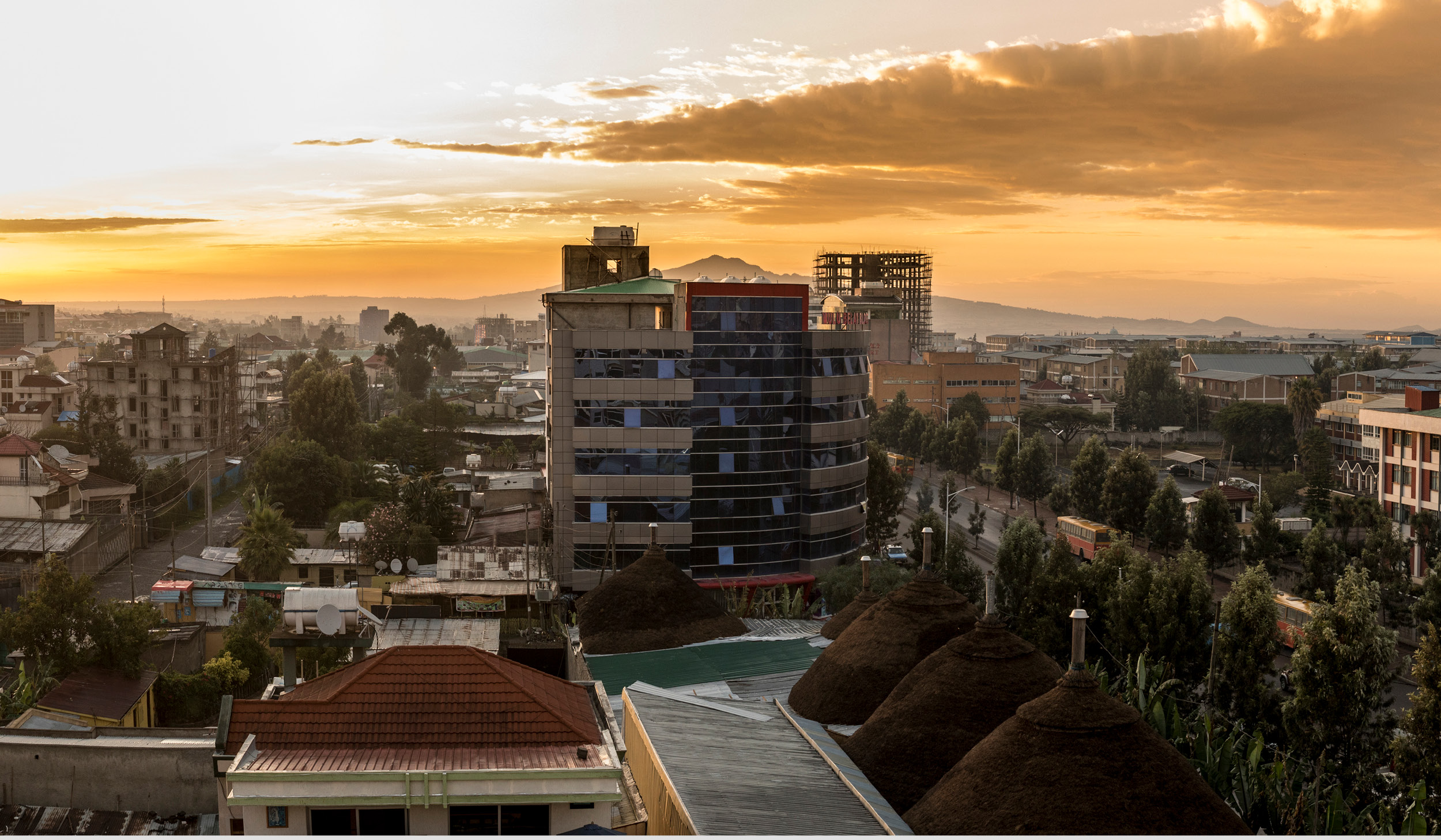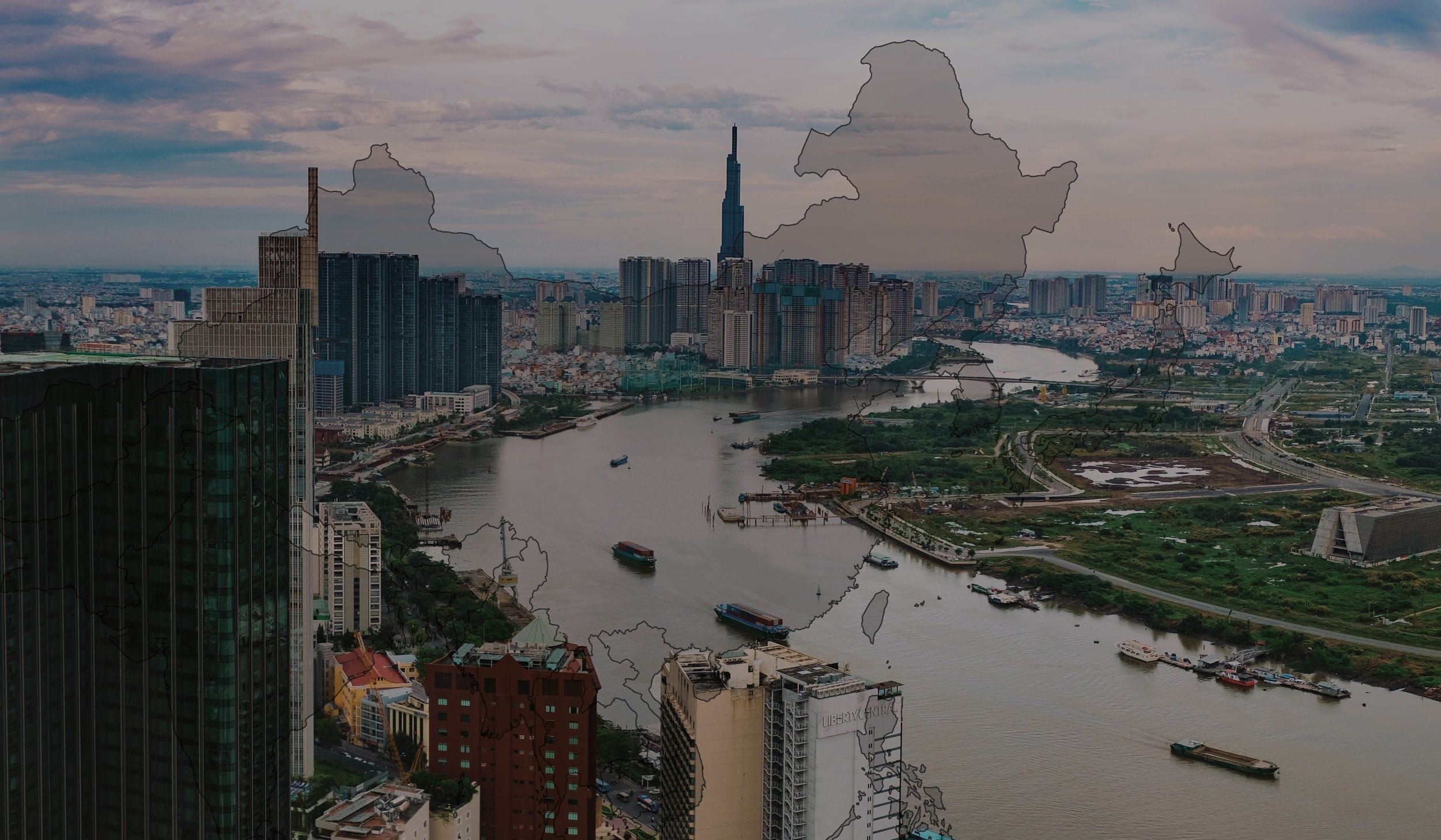In our 2021 Political Violence Special Edition we look at developing political violence stories for 2021, and explore how some of these dynamics are likely to shape global events. Over the past twelve months, terrorism and civil unrest events have taken place in spite of the COVID-19 pandemic – many of the issues driving these conflicts remain unresolved, and will prompt further unrest and violence in the year ahead. We unpack these stories in this year’s Political Violence Special Edition.
Winds of change: An end to US isolationism under Biden?
 A change in the US presidency is likely to result in a notable shift in US foreign policy priorities. As Joe Biden takes the helm from Donald Trump, we expect a return to a more predictable and orthodox approach to US interactions on the global stage. While various issues will compete for Biden’s attention, his top priorities will be diffusing trade tensions with China, reaffirming ties with Europe, and recommitting the US to international institutions and agreements neglected under the Trump administration. Read the article
A change in the US presidency is likely to result in a notable shift in US foreign policy priorities. As Joe Biden takes the helm from Donald Trump, we expect a return to a more predictable and orthodox approach to US interactions on the global stage. While various issues will compete for Biden’s attention, his top priorities will be diffusing trade tensions with China, reaffirming ties with Europe, and recommitting the US to international institutions and agreements neglected under the Trump administration. Read the article
Trumped: US foreign policy in the Middle East under the Biden administration
 The Middle East presents a range of challenges for the newly elected US president. Joe Biden has signalled his intent to re-engage with Iran over nuclear non-proliferation in direct contrast with his predecessor. On the other hand, Biden will want to reassess the US relationship with Saudi Arabia, and may push for a more cautious approach. Turkey’s increasingly aggressive foreign policy will require a careful response from the US, while Biden will also need to need to pick up on Trump’s “deal of the century” with Israel. Amid all this, a resurging Islamic State in Iraq and Syria will make any further US troop withdrawals from the Middle East a challenging proposition. Read the article
The Middle East presents a range of challenges for the newly elected US president. Joe Biden has signalled his intent to re-engage with Iran over nuclear non-proliferation in direct contrast with his predecessor. On the other hand, Biden will want to reassess the US relationship with Saudi Arabia, and may push for a more cautious approach. Turkey’s increasingly aggressive foreign policy will require a careful response from the US, while Biden will also need to need to pick up on Trump’s “deal of the century” with Israel. Amid all this, a resurging Islamic State in Iraq and Syria will make any further US troop withdrawals from the Middle East a challenging proposition. Read the article
No Simple Solutions: Tackling Islamic Terrorism in France
 Following several terror attacks in France in late 2020, the French government’s response demonstrated the continued difficulties Europe is having in effectively responding to Islamist terror attacks without alienating moderate Muslims. While opinion polls show the overwhelming majority of citizens feel secularism is under threat, at the same time many French Muslims feel increasingly side-lined in society. France, and Europe more broadly, also need to navigate carefully their relations with Muslim-majority countries overseas, many of which were dismayed by the French president’s remarks on Islam near the time of the attacks, in which he called it a “religion in crisis”. Read the article
Following several terror attacks in France in late 2020, the French government’s response demonstrated the continued difficulties Europe is having in effectively responding to Islamist terror attacks without alienating moderate Muslims. While opinion polls show the overwhelming majority of citizens feel secularism is under threat, at the same time many French Muslims feel increasingly side-lined in society. France, and Europe more broadly, also need to navigate carefully their relations with Muslim-majority countries overseas, many of which were dismayed by the French president’s remarks on Islam near the time of the attacks, in which he called it a “religion in crisis”. Read the article
Trouble in Tigray: Prospects for a sustained conflict in Ethiopia’s northern region
 The Ethiopian National Defence Forces’ attack into the country’s Tigray region on 4 November sent Ethiopia into tumult, and the path for a resolution to this conflict is still far from clear. The disagreements between the federal and regional governments are not new, but the escalation into armed conflict raises concerns over the country’s stability, and the future of commercial prospects in Ethiopia. Read the article
The Ethiopian National Defence Forces’ attack into the country’s Tigray region on 4 November sent Ethiopia into tumult, and the path for a resolution to this conflict is still far from clear. The disagreements between the federal and regional governments are not new, but the escalation into armed conflict raises concerns over the country’s stability, and the future of commercial prospects in Ethiopia. Read the article
New Russian interventionism: Fewer troops, more challenges
 Russia has recently shown notable restraint in its dealings with unrest in its regional neighbourhood. The conflict in Nagorno-Karabakh between Armenia and Azerbaijan, and mass anti-government protests in Belarus, for example, have elicited a far more conciliatory rhetoric from Moscow than some expected. It would be premature to interpret this as a lack of interest – instead, there are signs that Russia is pursuing a more nuanced approach with a wider set of foreign policy tools to ensure continued influence. Read the article
Russia has recently shown notable restraint in its dealings with unrest in its regional neighbourhood. The conflict in Nagorno-Karabakh between Armenia and Azerbaijan, and mass anti-government protests in Belarus, for example, have elicited a far more conciliatory rhetoric from Moscow than some expected. It would be premature to interpret this as a lack of interest – instead, there are signs that Russia is pursuing a more nuanced approach with a wider set of foreign policy tools to ensure continued influence. Read the article
To the left? Latin America’s political future amid a surge in populism
 Anti-government protests from 2019 through 2020 in several Latin American countries saw demonstrators demand left-leaning solutions to various socio-economic grievances – and calls to replace right-wing governments. While across-the-board changes in government look unlikely, the economic challenges facing many Latin American countries persist. This may prompt political uncertainty in the coming year, and foreign investors will be wary of potential policy changes affecting the business environment. Read the article
Anti-government protests from 2019 through 2020 in several Latin American countries saw demonstrators demand left-leaning solutions to various socio-economic grievances – and calls to replace right-wing governments. While across-the-board changes in government look unlikely, the economic challenges facing many Latin American countries persist. This may prompt political uncertainty in the coming year, and foreign investors will be wary of potential policy changes affecting the business environment. Read the article
Protests across Asia: Origins, implications and outlook
 The COVID-19 pandemic has contributed to economic woes in many Asian countries, adding to an established list of grievances many hold with their governments in the region. Governments have adopted mixed responses to the protests – and had mixed results. With underlying drivers of protests broadly unresolved, Asian countries experiencing mass unrest will struggle to pacify disgruntled citizens in the coming year. Read the article
The COVID-19 pandemic has contributed to economic woes in many Asian countries, adding to an established list of grievances many hold with their governments in the region. Governments have adopted mixed responses to the protests – and had mixed results. With underlying drivers of protests broadly unresolved, Asian countries experiencing mass unrest will struggle to pacify disgruntled citizens in the coming year. Read the article




 Email Markus
Email Markus





 @SRMInform
@SRMInform
 S-RM
S-RM
 hello@s-rminform.com
hello@s-rminform.com

